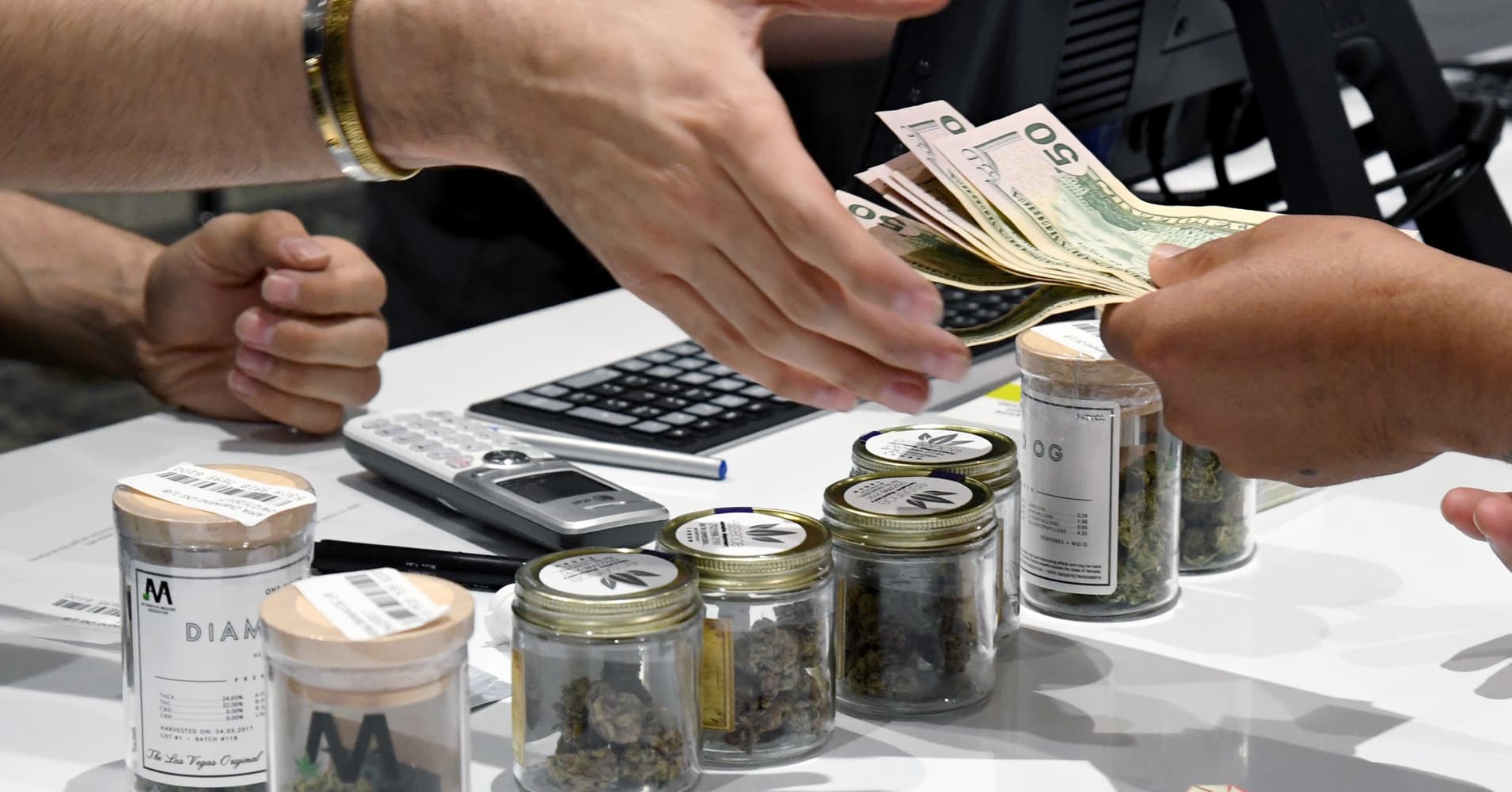Danny Moses, a legendary investor who shorted subprime loans prior to the financial crisis in 2008, told CNBC that the cannabis industry in America has the makings for a big long.
"I've never seen a sector have the political tailwinds, the economic tailwinds, and the wellness tailwinds that this sector potentially has," he said on "Fast Money."
As the head trader of the now-defunct Frontpoint Partners, Moses and his team bet against the U.S. housing market before it collapsed. That bet was detailed in Michael Lewis' bestselling book "The Big Short: Inside the Doomsday Machine," which was later adapted into the Academy Award-winning film "The Big Short."
But Moses sees lots of potential in pot stocks.
"Shorts can only go to zero. Longs can go to infinity," said Moses, who founded Moses Ventures and is an investor with Meridian Capital Partners.
He said multistate operators in the U.S. present an interesting case because they are not working on debt. Because marijuana remains illegal federally, banks do not lend money to companies in the industry. With that, the cannabis industry is over-regulated and under-levered, he said.
"It's really tremendous," Moses said.
The New York Stock Exchange and Nasdaq both began carrying cannabis companies in 2018 when Canopy Growth and the Cronos Group went public on the indexes, respectively. Each company is based in Canada, where recreational marijuana became legal that same year.
Ten states and the District of Columbia have legalized the crop and more are expected to do so in coming years, even though federal law bans it. The prospects of legalization, along with legislation which if passed could open up banking services to marijuana companies, puts U.S. operators in a prime spot.
Moses pointed out that companies such as Constellation Brands, the beverage company with a stake in Canopy Growth, have added Wall Street bankers to their ranks, which he said could be "an excuse to come into this space."
"If you were to get debt to come in, the cost of capital would go down dramatically for these companies, and so I think that's a really interesting play that people aren't really focusing on right now," he said.


